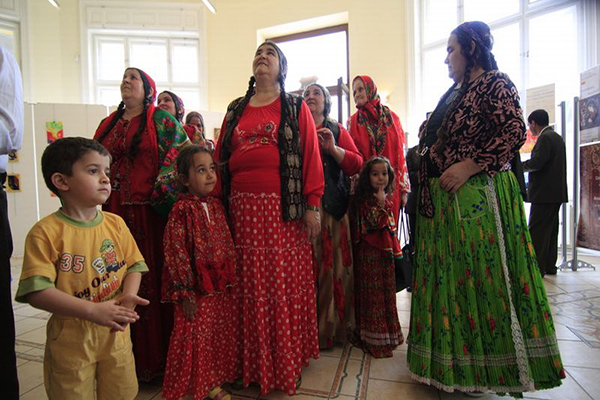
Some 12% of the ascertaining decisions taken by the Council for the Prevention and Elimination of Discrimination and Ensuring of Equality refer to discrimination against linguistic minorities in ensuring the right to justice. The language criterion is most often invoked in discrimination petitions, after the disability and sex/gender criteria, the Council’s chairman Ian Feldman said in the hearings staged by the Parliament’s commission on human rights and interethnic relations, IPN reports.
The courts of law do not accept and do not submit for examination applications written in Russian. The Antidiscrimination Council ascertained that the Russian language cannot be perceived as a foreign language as its special status is recognized at constitutional level as well, stated Ian Feldman. He added the rights of the linguistic minorities are violated also by state institutions that do not ensure the Russian language versions of their websites.
Nina Cernat, a member of the Superior Council of Magistracy, said the Russian language speakers who appear before judges categorically refuse to speak the official language. For comparison, the speakers of other languages speak Romanian, even if they do it imperfectly. The lawsuits in other languages than the official one are rejected because the law provides so.
Deputy minister of education, culture and research Lilia Pogolsa said the authorities ensure the families’ right to education in the mother tongue. Currently, there are 258 institutions that teach in Russian and Russian teaching schools where the Ukrainian, Gagauz and Bulgarian languages are studied as subjects three hours a week. The low number of students is the only criterion for closing schools in the optimization process, not the language criterion.
People’s ombudswoman for children’s rights Maia Banarescu referred to the difficulties encountered in ensuring the right to education of the Roma children, but noted that the families bear a large part of the blame as they refuse to enroll the children at school.
Head of the Jewish Community in Moldova Marina Shuster underlined the importance of keeping the schools that teach in the languages of minorities. “In Sweden, education for minorities is possible and a class is opened for five people, in Austria for seven people, in Ukraine for eight people, while in Moldova for 25 people,” she stated, suggesting creating a working group that would monitor the observance of the legislation in this field and punishing those who violate it.
The participants in the hearings were requested to submit proposals for improving the situation of the linguistic minorities in Moldova, which would be included in a draft decision that would be later presented in Parliament.












